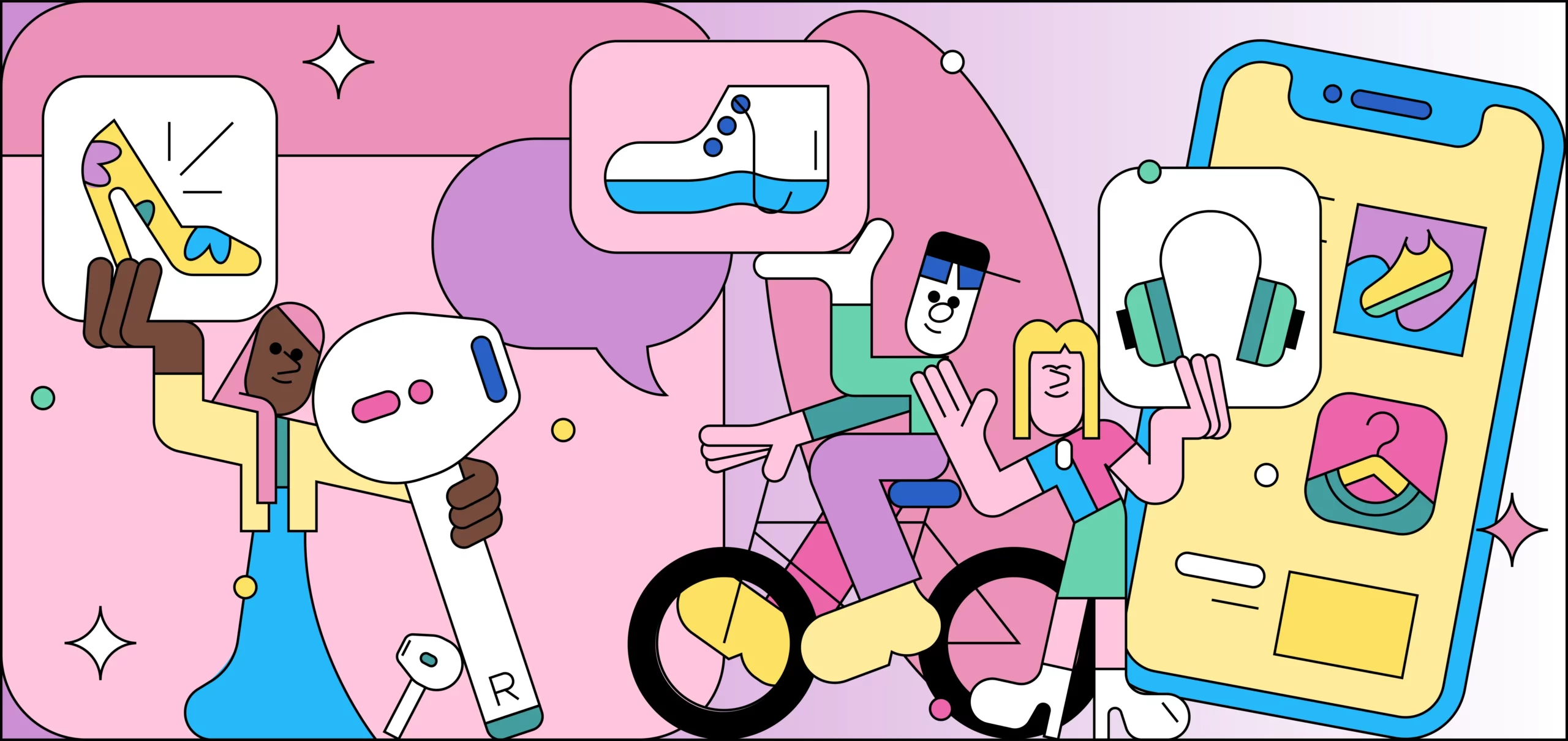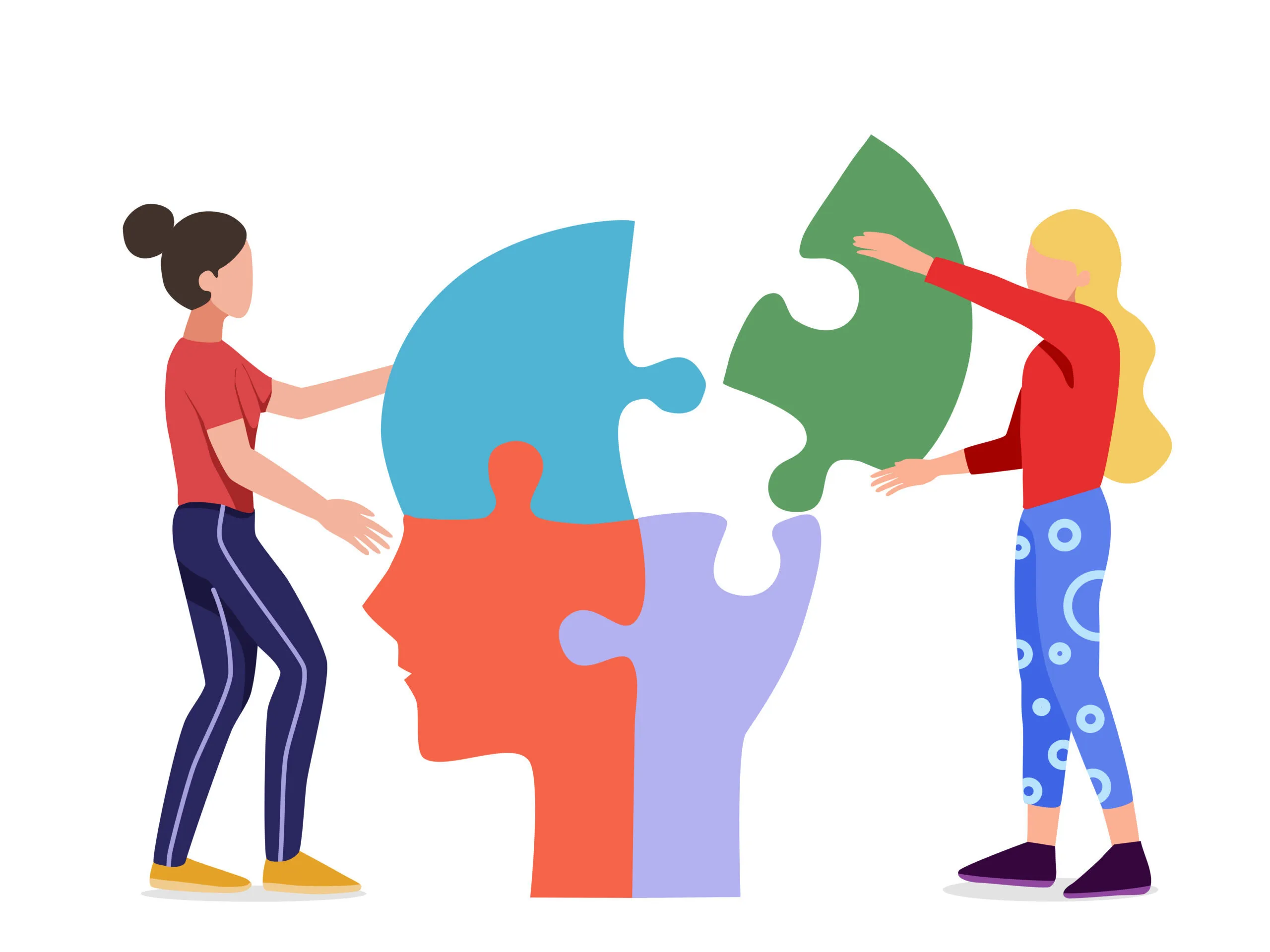wherearewegoing.net – Millennials, often referred to as the “Social Media Generation,” have fundamentally transformed the way people connect and communicate in the digital age. Born between 1981 and 1996, this generation grew up alongside the rapid rise of social media platforms, which have become integral to their daily lives. This article explores how millennials use social media to build relationships, share experiences, and impact the world around them.
The Evolution of Social Media
Social media has evolved dramatically since its inception, with platforms like MySpace and Friendster paving the way for giants such as Facebook, Twitter, Instagram, and Snapchat. Millennials were among the first to embrace these platforms, using them to connect with friends and family, share personal milestones, and discover new content. This early adoption has positioned millennials as key influencers in the digital landscape, driving trends and shaping the way social media is used today.
Building and Maintaining Relationships
For millennials, social media is more than just a communication tool; it’s a vital component of their social lives. These platforms allow them to maintain relationships across distances, fostering connections that might otherwise fade. Whether it’s celebrating a friend’s birthday on Facebook, sharing vacation photos on Instagram, or participating in group chats on WhatsApp, millennials use social media to stay connected and engaged with their social circles.
Sharing Experiences and Creating Content
Millennials are not just consumers of content; they are also prolific creators. They use social media to document their lives, share experiences, and express their creativity. Platforms like Instagram and TikTok have become outlets for millennials to showcase their talents, from photography and video production to writing and art. This generation’s content creation has led to the rise of influencers and micro-influencers who have the power to shape opinions and trends.
Social Media as a Tool for Activism
Beyond personal connections, millennials have harnessed the power of social media for social and political activism. Movements like #BlackLivesMatter, #MeToo, and climate change advocacy have gained momentum through the widespread sharing and support of millennials online. Social media provides a platform for raising awareness, organizing events, and mobilizing support for causes, making it an essential tool for driving social change.
Challenges and Considerations
While social media offers numerous benefits, it also presents challenges for millennials. The pressure to maintain a perfect online persona can lead to stress and anxiety, and the constant exposure to curated content can result in feelings of inadequacy. Additionally, concerns about privacy, data security, and the spread of misinformation are prevalent issues that millennials must navigate as they engage with social media.
Conclusion
Millennials have redefined the way we connect in the digital age, using social media to build relationships, share experiences, and advocate for change. As the “Social Media Generation,” they continue to influence the evolution of these platforms and the ways they are used. Understanding the impact of social media on millennials’ lives is crucial for appreciating their role in shaping the future of communication and connection.

